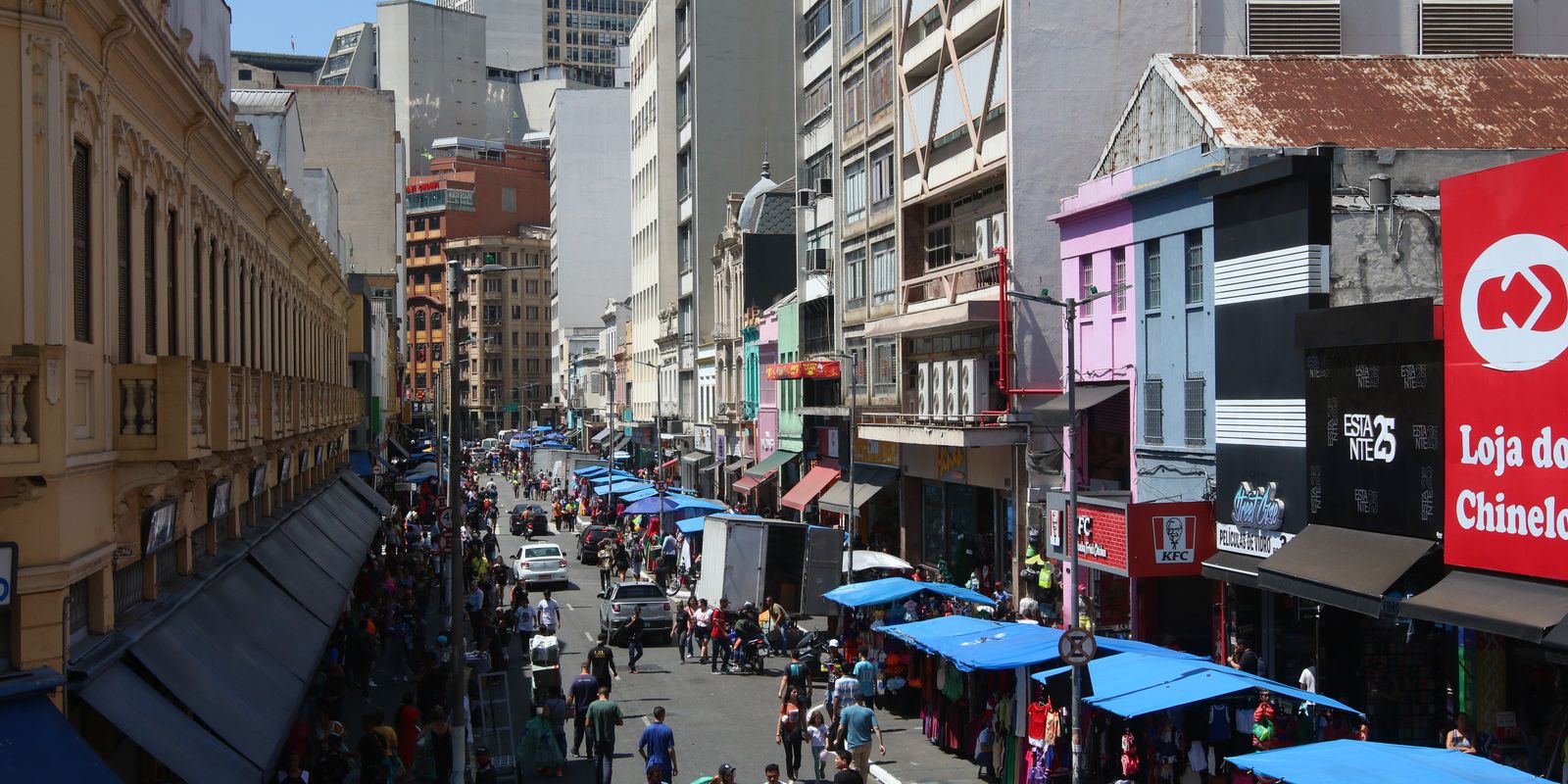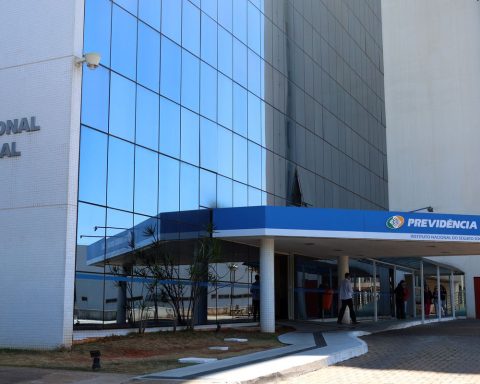A survey carried out by Instituto Locomotiva reveals that 60% of leaders of small and medium-sized Brazilian companies intend to expand their business in the next year. According to the Cabeça de Dono survey, 79% of respondents said they were hopeful or excited about the current situation of their company.
According to the data, 98% of entrepreneurs are responsible for strategic decisions in at least one area of their company, while 96% carry out operational tasks in at least one area, and the average number of areas in which they are involved reaches four. For these interviewees, this could restrict the company’s growth.
The research, carried out for a bank, is unprecedented and interviewed 1,001 men and women leaders of small and medium-sized companies (SMEs) with annual revenues between R$360,000 and R$50 million, in the five regions of Brazil, between July and August. The idea is to draw an overview of the needs and challenges faced by SMEs. These companies are responsible for 30% of the country’s Gross Domestic Product (GDP) and generate 50% of active jobs, potentially impacting more than 80 million Brazilians.
Overload and loneliness in everyday life are identified as the main factors for increasing tiredness and stress, and 62% of respondents want to have more time with their family. Among the challenges they cited are the macro and competitive scenario. For 41% of them, economic crises, market fluctuations and competition represent the main challenge they face for their business; for 20% these are factors related to growth and innovation, while for 18% financial management is the most worrying topic.
According to the president of Instituto Locomotiva, Renato Meirelles, the perception of loneliness, lack of support or recognition, overload and implications for the personal lives of small and medium-sized Brazilian entrepreneurs is confirmed throughout the study. “The keyword that permeates each challenge is ‘time’. The manager who turns his energy inside the company, focusing on operations, ends up being unable to dedicate himself to the growth and evolution of his company. The lack of knowledge in certain areas makes you lose precious time that, if dedicated efficiently, could leverage opportunities in your business and personal life – generating more time for your family or to take care of your health,” he said.
The data also shows that, of the 98% of respondents who participate directly in the company’s strategic decisions, 37% alone assume all decisions and strategic directions in at least one area. Among the 96% who also perform operational tasks, in 33% of cases, they are solely responsible for carrying out daily activities in one or more sectors. At least 90% of respondents report some or a lot of difficulty in the macro and competitive scenario, growth and innovation and financial management.
According to the survey, if the exchange of information was done strategically, 57% of those interviewed said they would like to be able to talk more with other businesspeople and managers to share experiences, difficulties and solutions. Many entrepreneurs have little knowledge about what external support they could seek and often do not have the tools and knowledge necessary to design a plan suited to the real needs of each company.
The survey also reveals other demands that, if addressed strategically – with external support or specialists, for example –, could strengthen businesses and their leaders to face their routines. One example is the need to exchange information: 57% of entrepreneurs indicate that they would like to be able to talk more with other entrepreneurs and managers to share experiences, difficulties and solutions.
The Cabeça de Dono study also evaluated how small and medium-sized entrepreneurs feel about their work routine and how it affects their lives: six out of ten respondents live with at least one type of discomfort in this regard. Fatigue predominates, being cited by 50% of them. It is followed by the feeling of overload, present in 46% of respondents. Among the public aged 45 and over, the percentage rises to 49%. Stress reaches 44%.
Furthermore, 62% of those interviewed would like to have more time with their family, while 60% have faced some adverse financial situation in their personal lives because of the company, and 52% have had health problems related to their work routine.
















